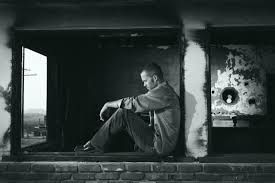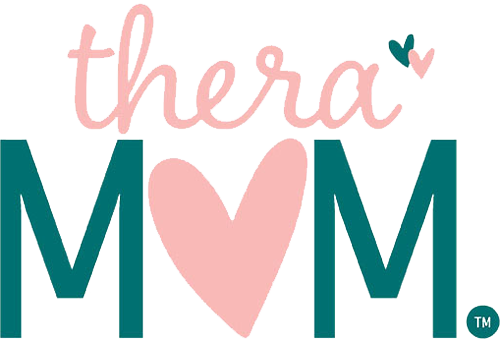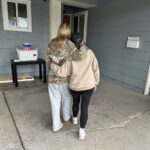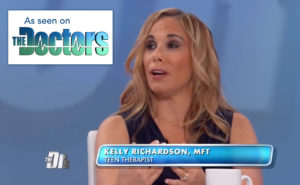What Lies Beneath the Uniform

Tonight, the sudden death of Washington State’s quarterback Tyler Hilinski rocked the sports world. At 21 years old, his death is tragic, devastating, and unfathomable. No death of a young person seems understandable but death by apparent suicide makes it even more tragic and heartbreaking.
Somewhere in history, people lost sight of athletes as normal people. We glorify them, celebrate them, and idolize them. We note their arm strength, their intelligence to make game winning adjustments and their ability to be leaders. We talk about their potential, their athletic gifts, and their grit. We put them on a pedestal and forget that under every uniform is a heart, a soul, and a spirit.
What we fail to notice or talk about is that athletes are just like us. They have demons, hurts, pains, and feelings. They struggle with anxiety, depression, and mental illness. They have old hurts, big fears, and emotional wounds like everyone else. And the microscope they live under simply magnifies these struggles and makes it harder to speak out and say, “I’m not okay”.
I didn’t know Tyler Hilinski, but I work with young people every day who go to great lengths to keep up the façade of looking good on the outside and yet suffer immensely on the inside. I know the level of despair one must get to to end their own life and it’s disheartening to think Tyler may have lost a sense of hope in one day feeling better. What saddens me most is that he had coaches, teammates, a football community, and a family who loved him and yet, his hurt and pain clouded his ability to see the village that surrounded him.
Athletes today have strength coaches, nutritionists, team doctors, athletic trainers, and position coaches. And yet, what about heart doctors? I’m not talking about cardiologists, I’m talking about people who talk about what’s going on inside their heart, their feelings, or their fears. Sports machismo makes it easier for young men to say, “I pulled a hamstring” than to say, “I am not okay, and I need some help”. Athletes need the same permission as every else to speak up and admit when they are hurting, not just physically but emotionally.
We must remove the stigma attached to counseling. People see it as a weakness, a crack in personal strength and an inability to handle life, especially in the sports world. It’s often viewed as a negative or a knock on their ability to handle stress or pressure. Athletes fear seeking professional help because they know the image attached to their craft and they fear letting others down by admitting they aren’t superhuman or perfect. So, they suffer, often in silence, and they turn to drastic measures to quiet the pain they face within their silence.
Counseling needs to be encouraged and promoted.It needs to be offered not just related to sports performance but to acknowledge life is hard, even to those who seem to have it all. Athletes need to know we don’t expect them to be without struggles and pains. They need to know we will still accept them, embrace them and cheer for them if they need support. They need to know the person matters more than the game.
We owe it to athletes at all levels to acknowledge they are human. They need to know their hurts matter just as much as their successes do. They need to know that saying “I’m struggling” is a sign of strength, not a sign of weakness. They need to know that we care about their hearts more than we care about their speed, strength, or skills. They need permission to admit their frailties and embrace that all of us, at some point in our life, need support.
Suicide is never the answer. It is the sad ending to life cut short. Today is a painful lesson to reach out, connect with others and let people tell their stories. It’s a reminder that each of us—no matter how we appear—need help at some point in our life and that strength is not about the silence we hold within ourselves but the voice we use when we speak up and ask for that help.









Heartbreaking topic but you are so right Kelly.
Great article Kelly. So sad his life ended so tragically
WOW, girl, you said it. Everything you said is so true!!!!. I love your articles. I am so lucky to have you in my life.
Well written Kelly. Very sad.
<3
Written with such feeling. It does make us open our eyes to other people’s lives. Most seems to be so glorified. Thank you for sharing your great article.
Thanks for sharing your thoughts.this is very sad and my thoughts and prayers are with his family and friends
Hey Blue. Great Article I was hoping you were going to do a story on this. We need not to slip this under the carpet. Adults as well as young kids need to be educated to get help instead of suffering. This kid was on such a big stage with tons of stress to win and make those stats. Prayers for all his family,friends & the entire Coug staff & team. Miss you Blue keep up your amazing work.
Very well said, gentle lady. What a tragedy. How low must he have felt to have applied a permanent solution to a temporary issue?
Valuable insight. You know one thought that came to mind is this. We have doctors that watch for concuss8 symtoms, coaches that know when a player is off his game by the way their performance is, and doctors that assist players to determine what is wrong when they are hurt, and they come to the sideline. All of these “signs” are external, and visible. Seems to me that for all of the physical work these pllayers put in for games, the mental break needs to be installed into the game plan as well.
So my point is why aren’t teams having an hour of group therapy as a team to get a mental check on things. I believe it would help open doors to one on one conversations. Because your right, they put on the uniform and helmet, and are expected to perform. Get stronger in the weight room. Dieticians are telling these men how to eat. Their minds need a break. It seems overwhelming to me, and these young men don’t ever really “turn-off.”
It scares me.